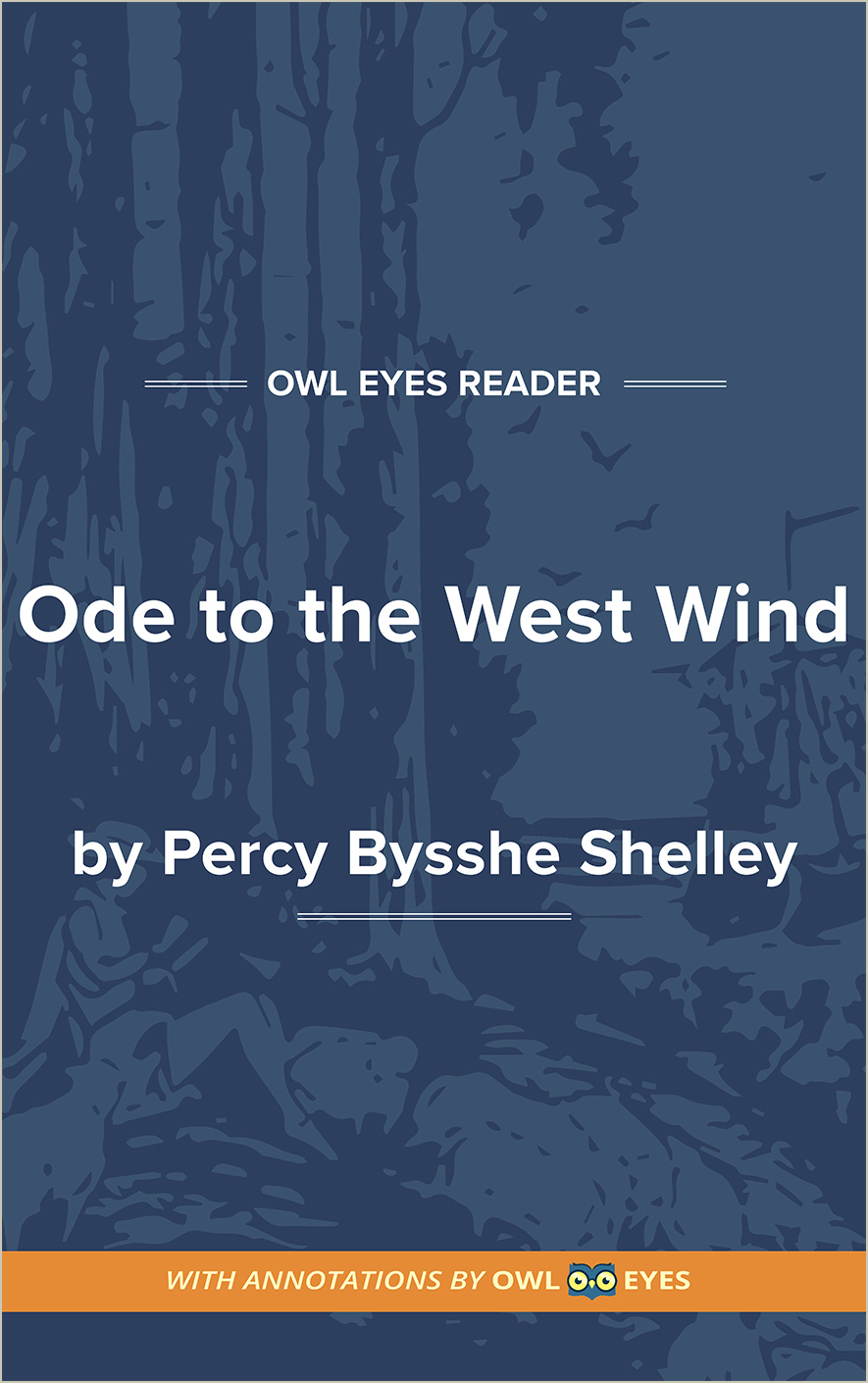Study Guide
Analysis Pages
Percy Bysshe Shelley Biography
Percy Bysshe Shelley, born on August 4, 1792, at Field Place in Sussex, England, near the town of Horsham, was the eldest of seven children. His father was Timothy Shelley, a longtime member of Parliament and eventual baronet, and his mother, the former Elizabeth Pilfold. The young Shelley lived in privileged comfort, a circumstance that later offended his reformist sensibilities, and was the object of considerable family affection. His education was begun near Field Place by the Reverend Evan Edwards and was continued at Syon House Academy (from 1802 to 1804) and Eton (from 1804 to 1810). His experiences at Syon House and Eton, where he underwent considerable bullying, helped inspire his passionate hatred of oppressive power. These were also the years in which he developed his fascinations with science and literature. The former brought about his successful attempt to burn down a willow tree with a magnifying glass and his unsuccessful attempt to summon the devil; the latter led to the publication of his first book, a gothic novel, before his eighteenth birthday.
Shelley entered University College, Oxford, in October of 1810, and was expelled on March 25, 1811, for his distribution of The Necessity of Atheism, a collaboration with Hogg. His expulsion aggravated the difficulties that already existed between him and his father, and finding himself unwelcome at home, Shelley took up residence in London, where he became reacquainted with Harriet Westbrook, a classmate of his sister. Westbrook soon replaced Harriet Grove in Shelley’s affections, Grove having rejected the young poet earlier in the year. After the sixteen-year-old Westbrook had made herself irresistible by claiming to be a sufferer of persecution, the two ran off to Edinburgh, where they were married on August 29, 1811. Although the marriage appears to have been reasonably happy at first, it eventually became one of the great disasters of Shelley’s life.
Hogg lived with the Shelleys in Edinburgh and later in York, but Hogg’s unsuccessful attempt to seduce Harriet during a short trip by Shelley to Sussex resulted in the couple’s quick departure for Keswick, this time accompanied by Harriet’s meddlesome sister, Eliza. At Keswick, Shelley became acquainted with Robert Southey, who saw in Shelley’s radical ways a reflection of what he had once been, and began corresponding with his future father-in-law, William Godwin, celebrated among liberals as the writer of An Inquiry Concerning the Principles of Political Justice, and Its Influence on General Virtue and Happiness (1793). Godwin’s ideas were among the most powerful influences on Shelley’s own early political ethos.
In February of 1812, Shelley traveled to Dublin, Ireland, where he issued pamphlets and delivered speeches in favor of increased Irish autonomy. He then took himself and his household to Wales and later to Lynmouth, Devon, where A Letter to Lord Ellenborough was refused publication, most of the copies being burned by the printer, and where his servant was arrested for handing out sheets of his Declaration of Rights. Having come under government surveillance, he then retired to Tremadoc, Wales, after which he departed for London, arriving on October 4, 1812.
During the six weeks he spent in London, Shelley met Godwin, Thomas Hookham, and Peacock, all of whom were to figure prominently in his later career. Shelley’s explicit purposes in going to London, however, were to raise money for an engineering project near Tremadoc that was being supported by one of his liberal friends and to deal with some of his own financial difficulties. Having done what he could, he returned to Tremadoc for the winter but left for Ireland after someone purportedly tried to shoot him on February 26, 1813.
Shelley was back in London by April, where Queen Mab was published in May (by Hookham) and where Shelley’s daughter, Eliza Ianthe, was born in June. During the next several months, the Shelleys’ wanderings continued,...
(The entire page is 2,442 words.)
Owl Eyes subscribers get unlimited access to our expert annotations, analyses, and study guides on your favorite texts. Master the classics for less than $5/month!

